“Weekly Picks” (August 26th)
Here are our top picks of articles on Strategy Execution for the week ending Thursday, August 26th. Enjoy!
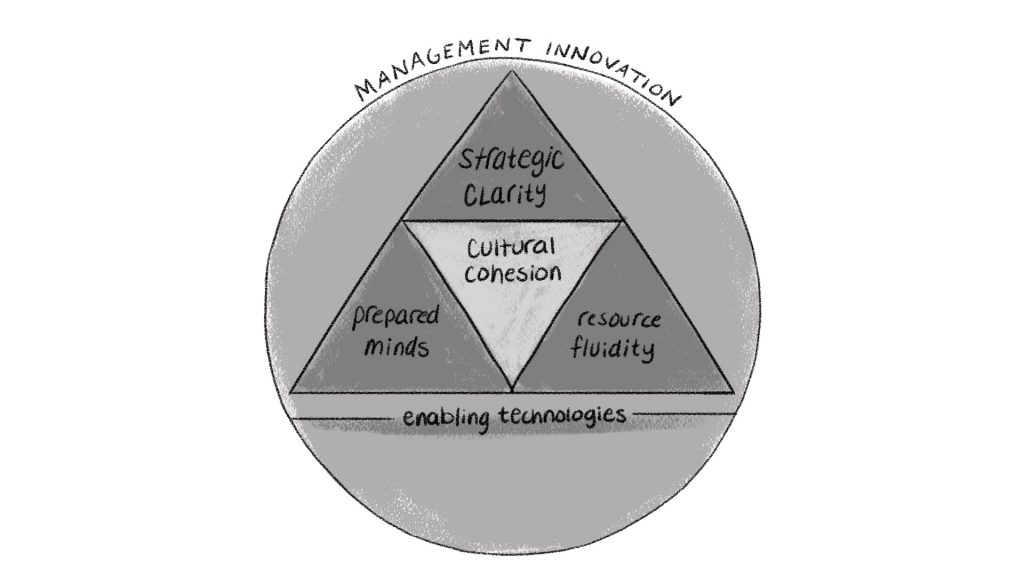
MANAGEMENT INNOVATION
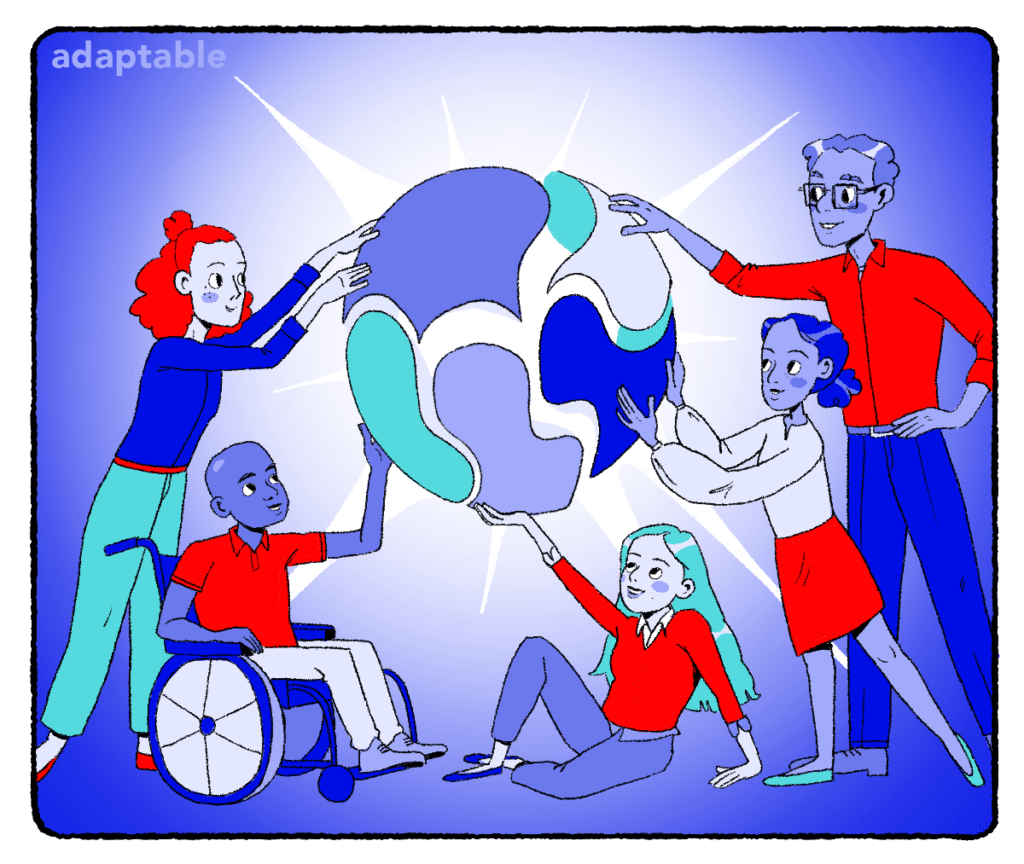
What Evolution Can Teach Us About Innovation
by Noubar Afeyan and Gary P. Pisano (Harvard Business Review)
adaptable comment: Appreciated this article on how Flagship Pioneering (venture firm behind Moderna) leverages “emergent discovery” to create variants of an idea and then seeks to evolve each idea by always trying to learn more and to ask what’s possible. As they say, the theme behind the firm’s innovation process is not a “shots-on-goal” approach where 1 in 10 ideas are expected to be succcessful, but, rather, a desire for every exploration to be a learning experience. This article reminded me of one of my all-time favorite books, Erik Beinhocker’s “The Origin of Wealth” which was my first introduction to evolutionary economics. Both the article and Beinhocker’s book are worth reading to gain a real understanding of emergent discovery.
STRATEGIC CLARITY
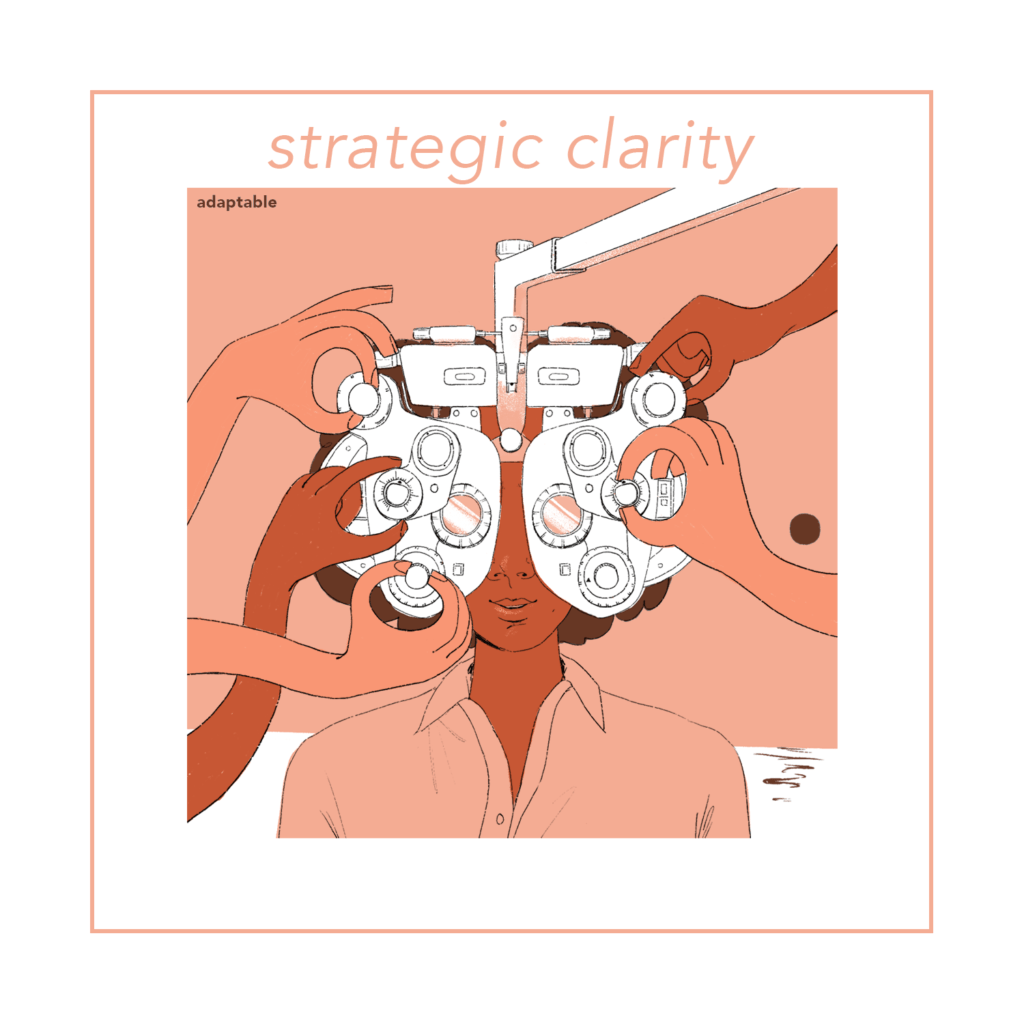
The CEO of UPS on Taking the Reins Amid Surging Pandemic Demand
by Carol B. Tomé (Harvard Business Review)
adaptable comment: Great case study of UPS from the eyes of their new CEO, Carol Tomé. I really enjoyed her vivid description of the process she took the company through after inheriting the top role amidst the pandemic. The artcile outlines a very thoughtful approach to reorienting around purpose and values, integrating the voice of employees, and devolving some decision-making. This mayseem basic, but, at the same time, it is so healthy. Love it.
PREPARED MINDS
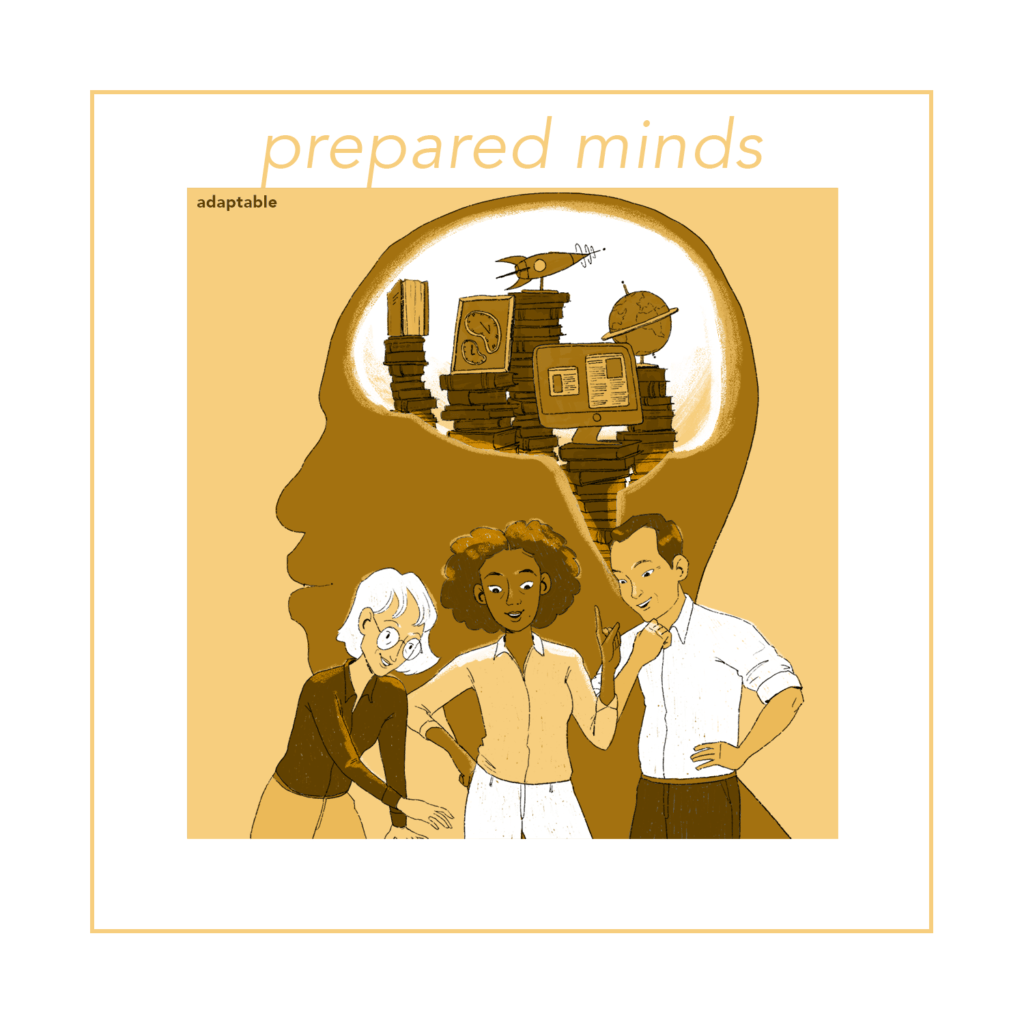
Online Shoppers Don’t Always Care About Faster Delivery
by Pedro Amorim and Nicole DeHoratius (MIT Sloan Management Review)
adaptable comment: I couldn’t agree more with the actual empirical evidence of this article – that online shoppers don’t always care about faster delivery times, especially if the exact delivery time window could be pegged. However, to get up on the balcony, I really appreciated the elements of the case study – the use of data to understand customer preferences and, then, the move to organize employees to think through how to meet the newly understood preference. This article highlights the benefits of working to create prepared minds in our organizations. A virtuous cycle of continuous improvement follows!
CULTURAL COHESION

Five ways to avoid the pitfalls of binary decisions
by Eric J. McNulty (strategy+business)
adaptable comment: I’ve been doing a lot of thinking about problem definiton, problem framing, and problem reframing. This article pushes us to recast our thinking from being binary – Yes or No, This or That, etc… Instead, can we reframe our thinking to consider Both And or a Win-Win situation? I think that reframing is one of the most important skills of leaders. It shows empathy (to understand the other), curiosity, and flexibility. But, for some reason, it’s not easy!
RESOURCE FLUIDITY
[no recommendation this week]
ENABLING TECHNOLOGY
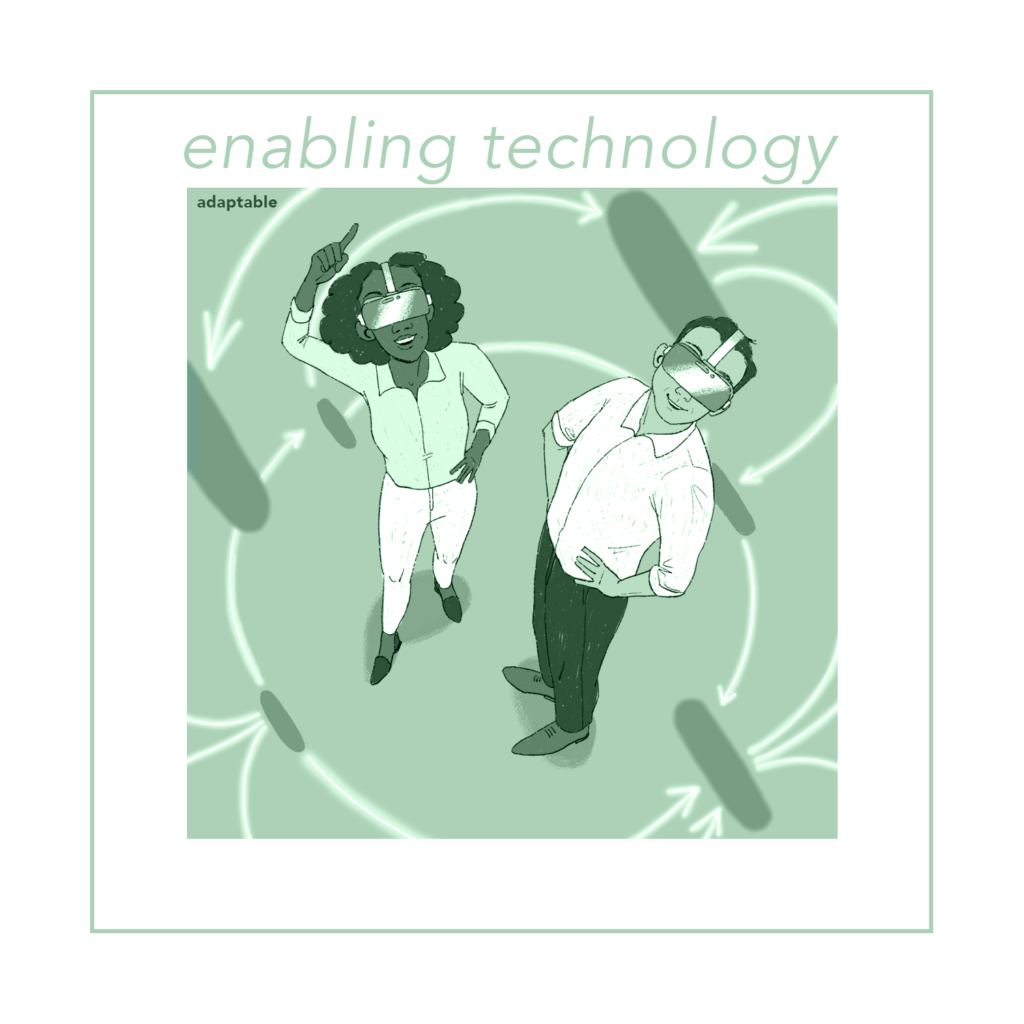
Future-Proofing Your Organization
by Michael Mankins, Eric Garton, and Dan Schwartz (Harvard Business Review)
adaptable comment: This article restates (without being prophetic) the basic reality that all of work is being transformed by technology, so let’s keep pushing forward with digital transformation efforts! The authors suggest that these efforts are “future-proofing” our organizations. Based on a Bain study, the authors provide six practices, and lots of pioneering case examples, for “assembling and managing teams” leveraging data and technology.
